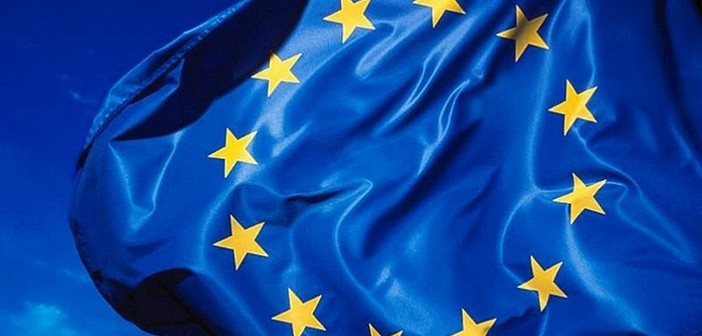2016 will be a decisive test for the nation-state in Europe. On one hand, the likely new migration crisis that Europe will experience this year should once again question the cultural identity of the old conglomerates on the continent. On the other hand, the desire to accelerate the economic integration of member states will ultimately erode the authority of nation-states in favor of the community as a whole.
Since the Maastricht Treaty, a centrifugal trend has been at work against the state formed by a national entity that exceeds the cultural affinity stifled for centuries by the centralism of nation-states.
The major example comes from the Brexit case: Britain’s departure would be a shock. But it would open the door to true federalism, and it would weaken Britain more than the Union. The probable secession of Scotland is proof of this.
In this sense, the Union destabilizes nation-states from above and below. From above, it weakens the historic central powers by diluting their authority within a constraining federal structure where major decisions are integrated. From below, it offers an exit to entities hoping to leave the fold of central power they contest.
Several French “regions” feel encouraged by the thought of directly joining a European entity to which they will outsource major governance issues, such as economic policy.
Will the Union manage to impose a new authority?
Garibaldino


